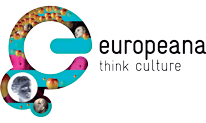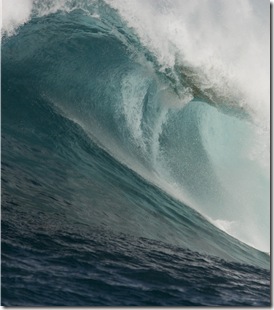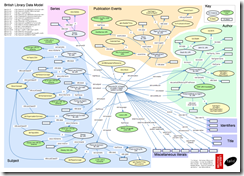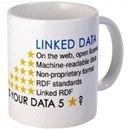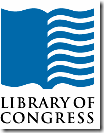
Libraries Through the Linked Data Telescope
Linked Data and Linked Open Data have arrived on the library agenda. The consequence of this rise interest in library Linked Data is that the community is now exploring and debating how to migrate library records from formats such as Marc into this new RDF. In my opinion there is a great danger here of getting bogged down in the detail of how to represent every scintilla of information from a library record in every linked data view.

